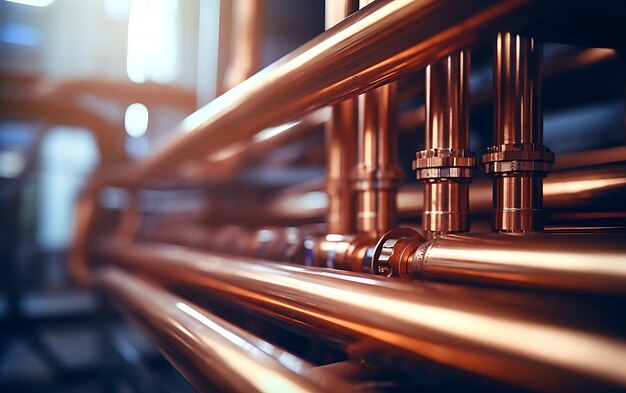The Vital Core of Medical Gas Systems: Ensuring Lifelines in Healthcare
8/16/20252 min read


Understanding Medical Gas Systems
In the realm of healthcare, the efficient delivery of medical gases is essential to ensure patient well-being. Medical gas systems (MGS) are not merely an assortment of pipes and valves, but fundamentally critical infrastructures that support various medical operations within hospitals. These systems provide high-purity gases like oxygen, nitrous oxide, and medical air, ensuring that every ward, operating room, and emergency suite receives precisely what it needs, exactly when it matters.
The Key Components of Medical Gas Systems
A typical medical gas system consists of several key components, including storage tanks, distribution piping, valves, and alarms. Each part plays a vital role in maintaining the safety and efficacy of medical gases delivered to patients. Storage tanks are responsible for holding these gases securely; distribution piping ensures that gases reach their intended destinations; valves control the flow and pressure, while alarms signal any anomalies in the system. This synergy is what makes MGS so critical to healthcare delivery.
From Design to Commissioning: The Process Matters
More than just the physical installation, the process of developing an effective medical gas system encompasses several stages. Our emphasis on end-to-end solutions—from custom design and auditing to installation, testing, and commissioning—ensures that hospitals are equipped with not only the right infrastructure but also the tools to maintain it. By prioritizing rigorous testing and quality assurance, healthcare facilities can concentrate on care delivery rather than system breakdowns.
The installation of a medical gas system involves collaboration between engineers, contractors, and healthcare professionals to ensure all guidelines and regulations are met. This comprehensive approach decreases the likelihood of operational failures, ultimately enhancing patient outcomes. Moreover, ongoing maintenance and audits are essential to prevent issues before they can affect patient care.
The Impact of Reliable Medical Gas Systems
The ramifications of having a reliable medical gas system are profound. A breakdown in supply can put patient lives at risk, rendering procedures unable to proceed or increasing the risk of complications. Thus, the reliability of GMS is directly linked to the quality of care a hospital can provide. When these systems function smoothly, medical staff can conduct their duties with confidence, knowing the necessary support is operational.
In conclusion, medical gas systems serve as the vital core of healthcare infrastructure. Their proper implementation and maintenance are paramount to ensuring that healthcare providers can deliver safe and effective treatment. By understanding and valuing the role MGS plays in patient care, we can continue to improve systems, ensuring that healthcare facilities operate at peak performance for the benefit of all patients.
Services
© 2024. All rights reserved.
Products


We're Making it easier to find Better Medical Devices
Find us on Map:
Contact Information
Phone: +91 9029457428 | +91 9833236604 | +91 7506374381
Email : medevices2018@gmail.com | sales@medevices.in
